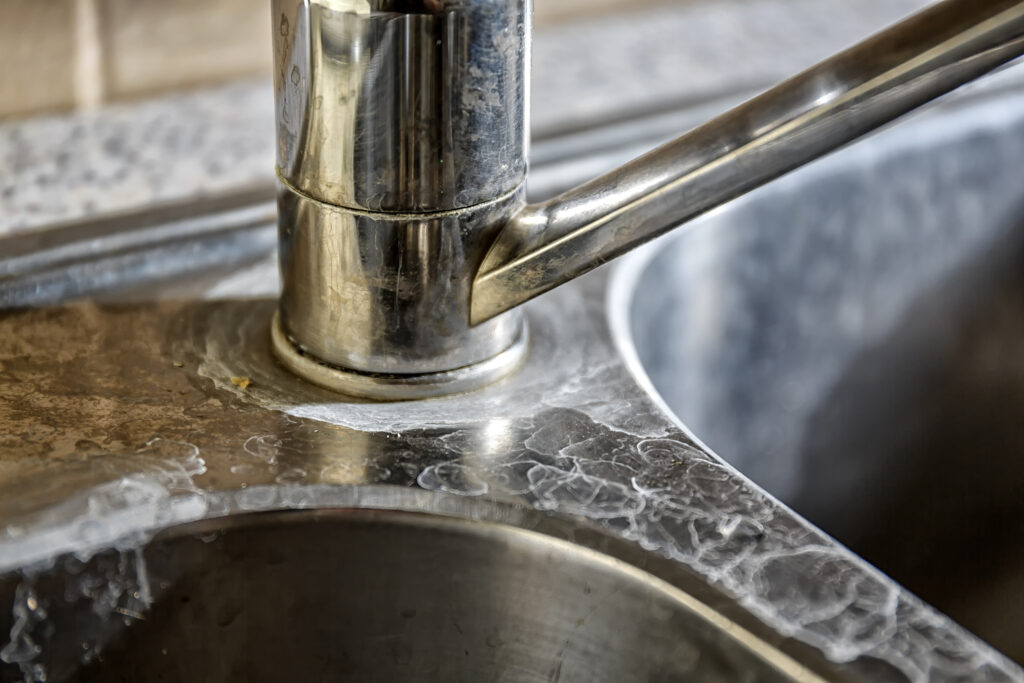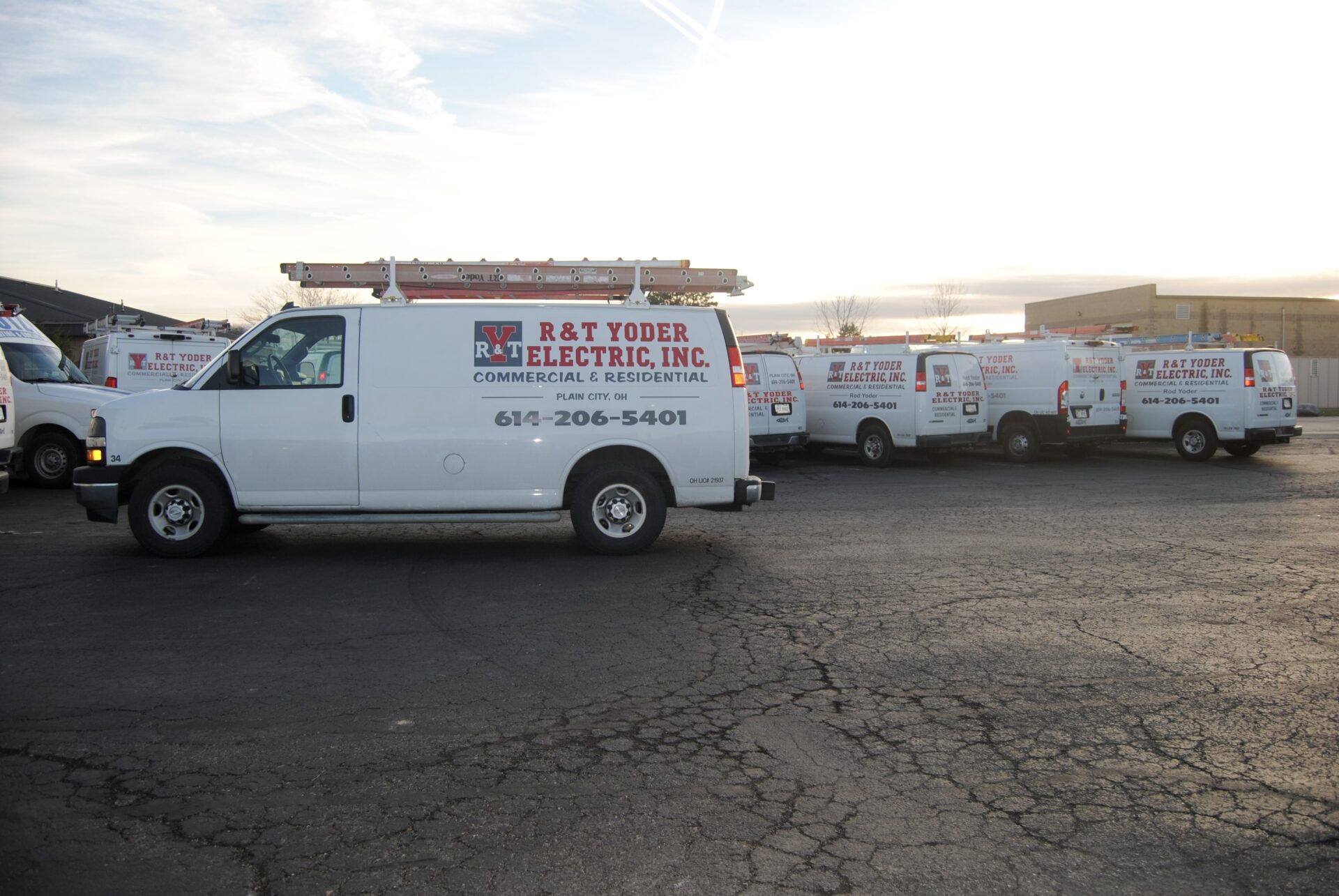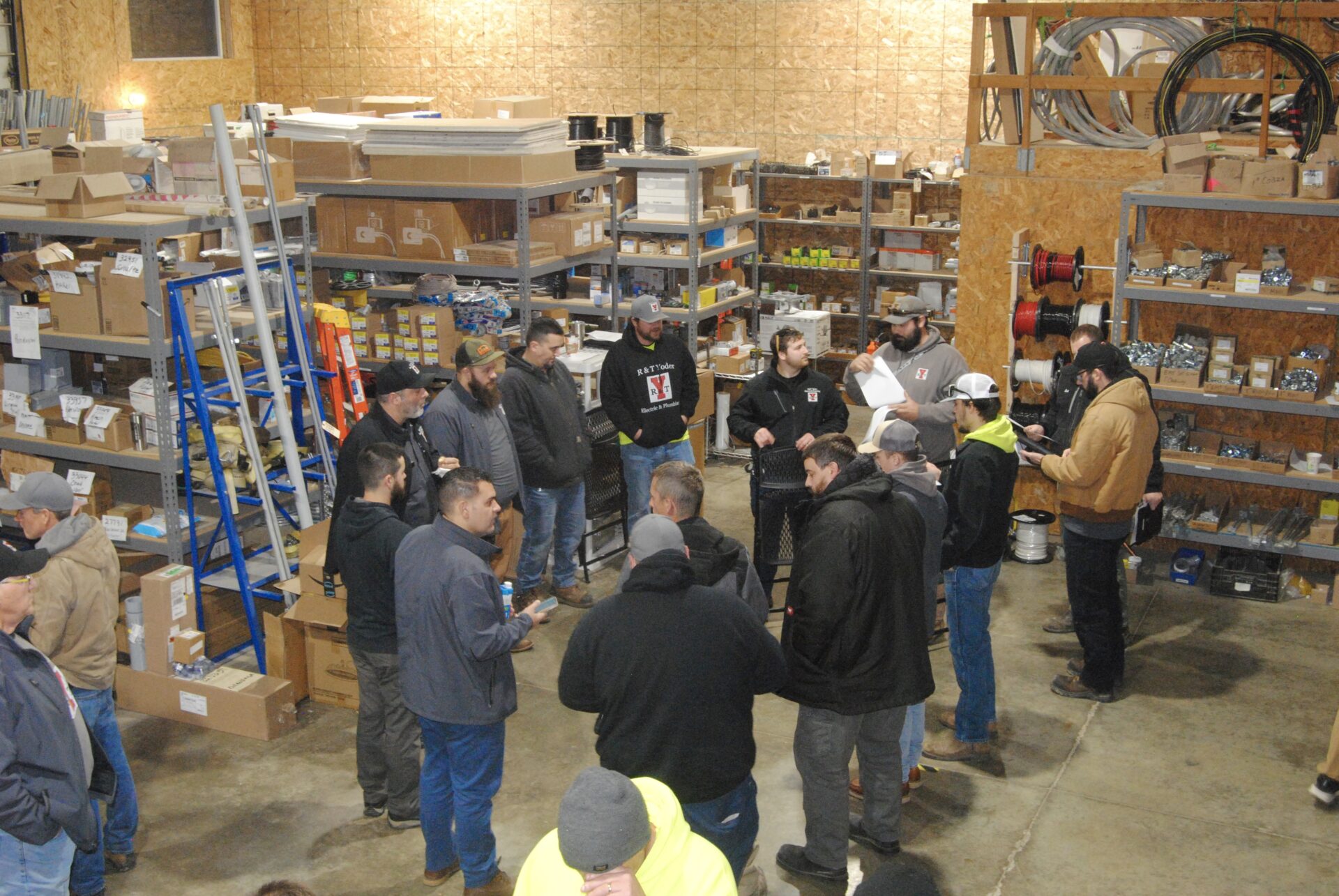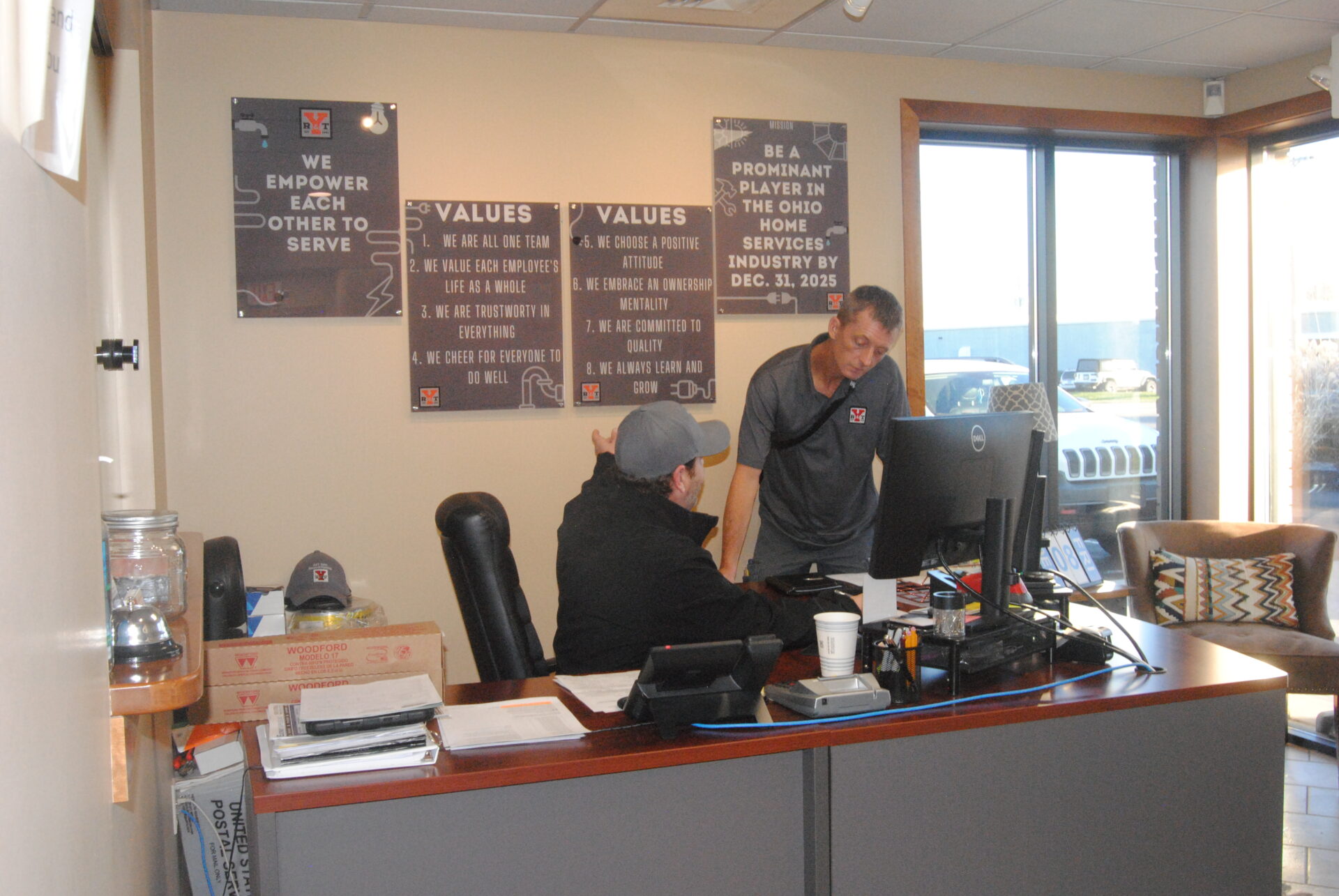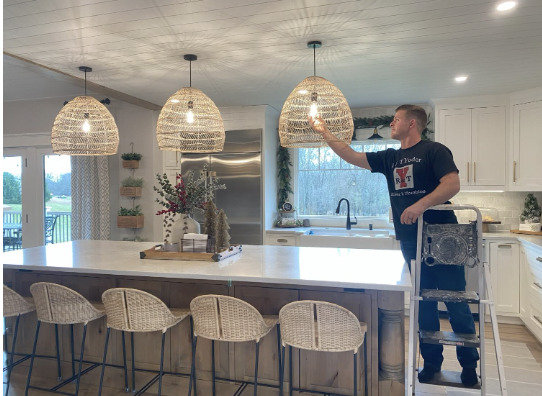Have you ever noticed stubborn white spots on your dishes, soap scum that just won’t go away, or dry, itchy skin after a shower? These could be signs that you have hard water in your home.
Hard water is a common issue affecting millions of households worldwide. Identifying the presence of hard water is the first step in addressing the problem. This blog will explore how to tell if you have hard water and what you can do about it.
White Residue on Glassware and Dishes
One of the most common signs of hard water is the white, chalky residue that forms on your glassware and dishes after they’ve been washed. This residue comes from minerals like calcium and magnesium in the water, which can bind to the surfaces of your dishes and glassware.
If you’ve noticed this unsightly residue, it’s a strong indicator of hard water.
Soap Scum Buildup
Another telltale sign of hard water is the persistent buildup of soap scum in your bathroom and kitchen. Hard water minerals can react with soap, making it less effective and leaving a sticky residue on your sinks, faucets, and shower tiles. If you find yourself constantly battling soap scum, hard water might be the culprit.
Dry Skin and Hair
Hard water can also affect your skin and hair. The minerals in hard water can leave a film on your skin and hair, making it difficult for soap and shampoo to rinse away completely.
This buildup can result in dry, itchy skin and dull, lifeless hair. Hard water may be to blame if you’ve struggled with these issues.
Reduced Appliance Lifespan
Hard water doesn’t just impact your comfort; it can also affect your household appliances. Appliances like water heaters, dishwashers, and washing machines can accumulate mineral deposits over time, reducing their efficiency and lifespan.
If you’ve had to replace these appliances more frequently than expected, hard water may be a contributing factor.
Low Water Pressure
Mineral buildup in pipes and plumbing fixtures can lead to reduced water pressure. If you’ve noticed that your faucets and showerheads aren’t delivering the water pressure they used to, hard water may be causing clogs.
Scale Formation
Hard water can cause scale formation in your plumbing, leading to costly plumbing issues. A buildup of white, crusty deposits around faucets, on showerheads, or in your pipes clearly indicates hard water.
Difficulty Lathering Soap
Hard water could be to blame if you find it challenging to get soap to lather properly when washing your hands. The minerals in hard water can react with soap and reduce its foaming ability. While sub-par soap may seem like a tiny issue barely worth your notice, seeing it combined with all the other issues described should prompt you to give Yoder Plumbing a call.
Prevent hard-water buildup by calling Yoder Plumbing today!
Now that you know how to tell if you have hard water, what can you do about it? There are several solutions to address this issue. You can invest in a water softener, which removes the minerals responsible for water hardness. Alternatively, water conditioners or descaling products can reduce scale buildup. Regular maintenance and cleaning of your appliances and plumbing fixtures can also help mitigate the effects of hard water.
Hard water is a common problem that can impact your daily life and the longevity of your appliances. By recognizing the signs of hard water and taking appropriate steps to address them, you can enjoy better water quality and a more comfortable living environment. Don’t let hard water ruin your dishes, skin, and plumbing; connect with Yoder Plumbing to tackle this issue head-on.

